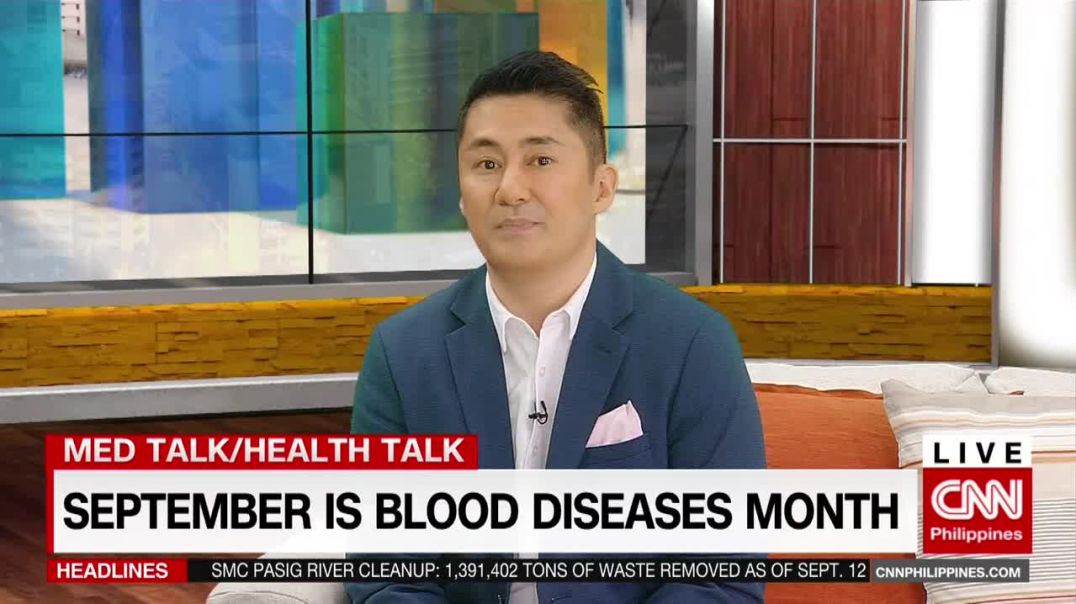FDA Approves New Dosing for Ponatinib to Treat Chronic Myeloid Leukemia
Jorge Cortes, MD, Director of the Georgia Cancer Center discusses the newly approved dosing strategy for ponatinib to treat chronic myeloid leukemia (CML).
More specifically, the US Food and Drug Administration (FDA) has approved a supplemental New Drug Application (sNDA) for ponatinib to treat adults with chronic phase CML with resistance or intolerance to at least two prior kinase inhibitors. The new approval allows dosing of ponatinib to begin with 45 mg daily and reduced to 15 mg over time. Ponatinib is a kinase inhibitor that targets BCR-ABL1.
As Dr Cortes explains in this video, increasing the dose to 45 mg provided superior efficacy while managing the risk for arterial occlusive events in a highly resistant patient population.
CML is a rare blood cancer that is often grouped into one of three phases: chronic, accelerated, or acute phase. Person with chronic phase CML have the mildest form of the disease and generally have less than 10% immature white blood cells in the blood.
For more information about this and other rare cancers, visit https://checkrare.com/diseases/cancers/























SORT BY-
أعلى تعليقات
-
أحدث تعليقات